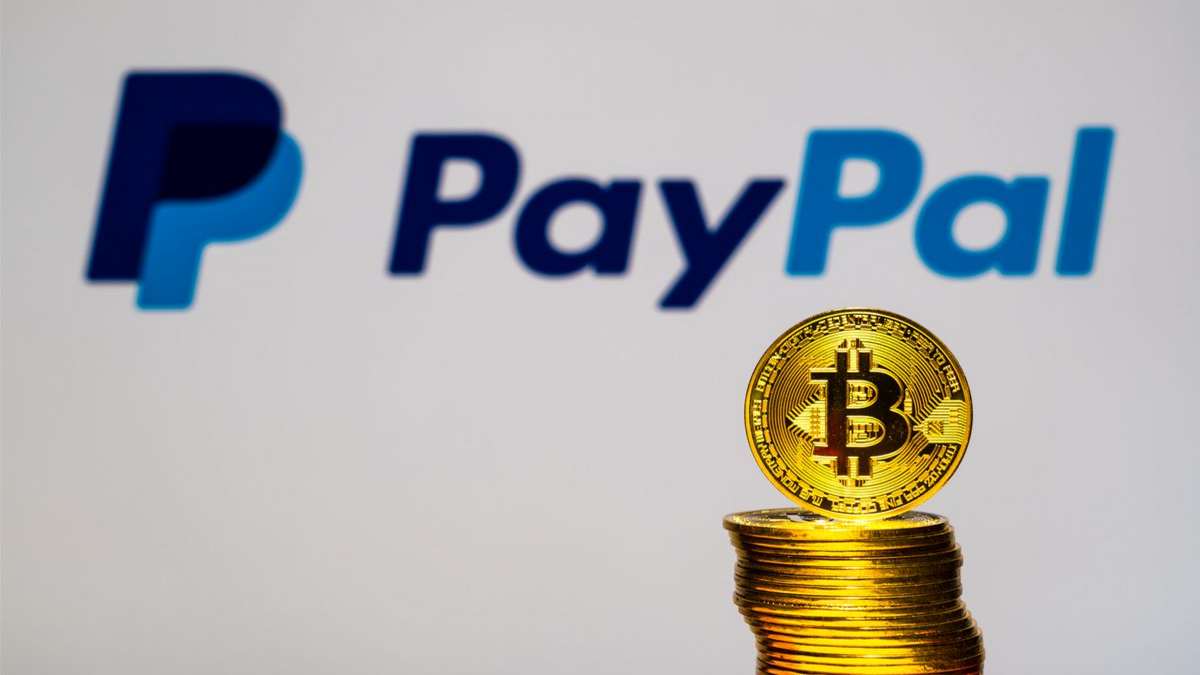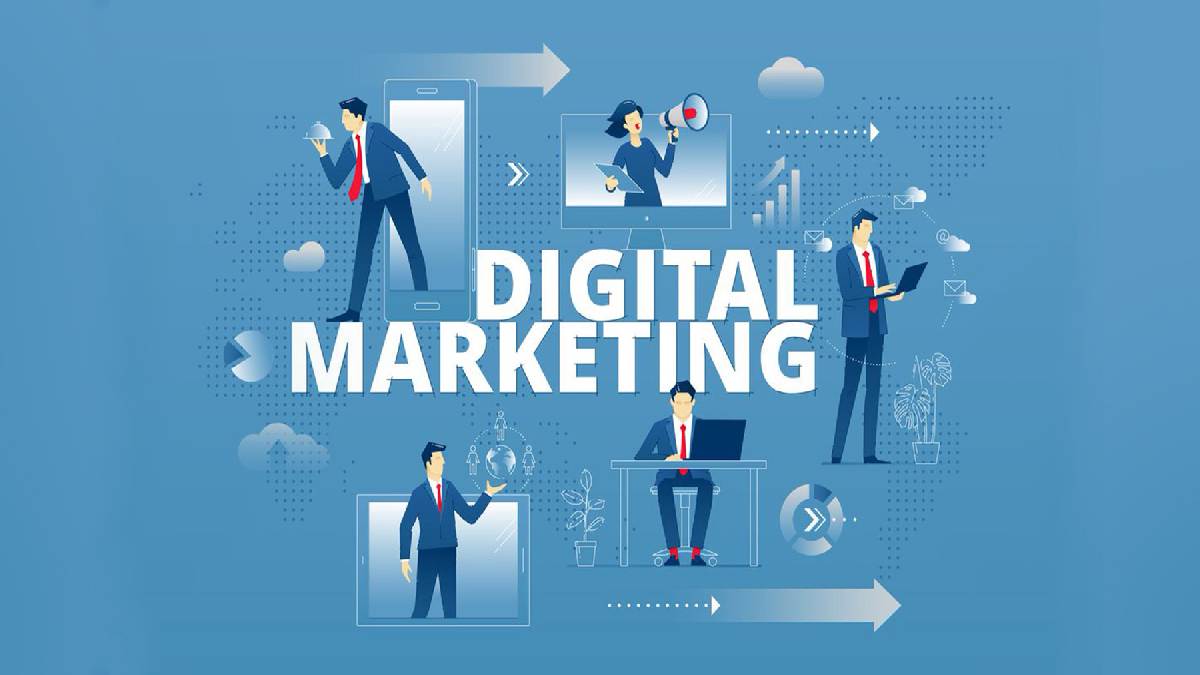
Standing as the most established name in digital payments, PayPal has long been accepted as a reliable, professional, and secure means of financial transaction. As with most payment systems, however, it’s yet to fully utilise the potential of the cryptocurrency market. This could soon change, with PayPal’s CEO hinting at a future direction that might fundamentally reshape how PayPal and crypto intersect.
The Journey of PayPal
Founded by a company called Confinity in 1998, the earliest systems of what would become PayPal started as a backup plan. At first, Confinity worked on security software for handheld systems, but this ill-fated endeavour led the business to change tack. Then, turning their attention to the new concept of online electronic payment, the very first version of PayPal would launch in 1999.
In 2000, Confinity expanded through a merger with the online bank X.com. Attracting serious attention from investors, the business went public in 2002, generating over $60 million in additional support. Though this was a strong start, it was what came next that would prove the most important component in PayPal’s long-lasting fame.
In 2002, PayPal was acquired by eBay for $15 billion. At the time, eBay was still a revolutionary force, showing the world what online auction systems could offer that traditional offline methods could not. When PayPal became involved, it was raised head and shoulders above the competition. Responsible for a quarter of all eBay purchases, PayPal was taken seriously by an enormous number of users and businesses, and its involvement in the online space began to spread.
Of course, not every website could work with PayPal directly, thanks to technical or financial limitations. To solve this problem, PayPal teamed up with Mastercard to release the PayPal Secure Card in 2007. This secure card essentially acted as a credit card, only tied to your PayPal account like a debit card would be to your bank. This meant that, as long as a website offered credit card payment, you could use PayPal, essentially eliminating the final boundaries to PayPal access.
The financial dominance of PayPal would allow the company to buy out many competitors like Venmo, iZettle, and Honey. Adopting their technological advancements and owning an increasing portion of the market kept PayPal competitive, up to where it exists today.
In the 2020s, many of the largest businesses across the world still see significant payment through PayPal. The social media e-commerce service Depop is one such example, with 21 million users and a strong relationship with PayPal accessibility. The same could be said for Uber, the rideshare system, which changed the face of transportation.
Perhaps most illustrative of PayPal’s advantages and success in the modern-day are the top PayPal casinos. Since PayPal is widely adopted, quick to use, and safe, it’s become the backbone of many online sectors which revolve around payment services. Websites like BetMGM and Golden Nugget have seen a boost to customer satisfaction and retention thanks to this relationship, and they’re just two of many.
PayPal working with Cryptocurrencies
According to PayPal CEO Dan Schulman, cryptocurrencies are set to “redefine the financial world”. At the Axis Tel Aviv conference, Schulman stated that the different forms of digital payment methods like CBDC, stable coins, and digital wallets like PayPal are likely going to play a key part in the payment systems of tomorrow. As for what form this could take, that’s a much more complicated question.
Though cryptocurrencies are now widely regarded as serious names in the financial world, Schulman acknowledges that systems like Bitcoin are not especially reliable. This means that getting them involved with PayPal could be risky. On the other hand, the risk doesn’t inherently mean it’s bad. With so many millions of people turning to crypto, and the rise of stable coins reaching around the world, there’s never been a better time to forge a path forward.
Understanding this potential, the first steps for crypto on PayPal have already taken place. With Bitcoin, Ethereum, Litecoin, and Bitcoin Cash being purchasable on PayPal, better integration of their systems for faster payments is just a matter of time. With the likes of Microsoft, Overstock, Etsy, and Newegg already jumping on the Bitcoin train, major retailers are more commonly taking the plunge.
As for what businesses will accept crypto in the future, that could depend on the effect that systems like PayPal have on its infrastructure. Bitcoin, as powerful a tool as it can be, is notoriously slow to handle transactions. As it did with its relationship with Mastercard, PayPal could serve as a sort of middleman in this regard, speeding up the process and allowing for improved levels of integration. If successful, this could break down the barriers that remain, allowing crypto payments to be as widespread as PayPal has now become.



